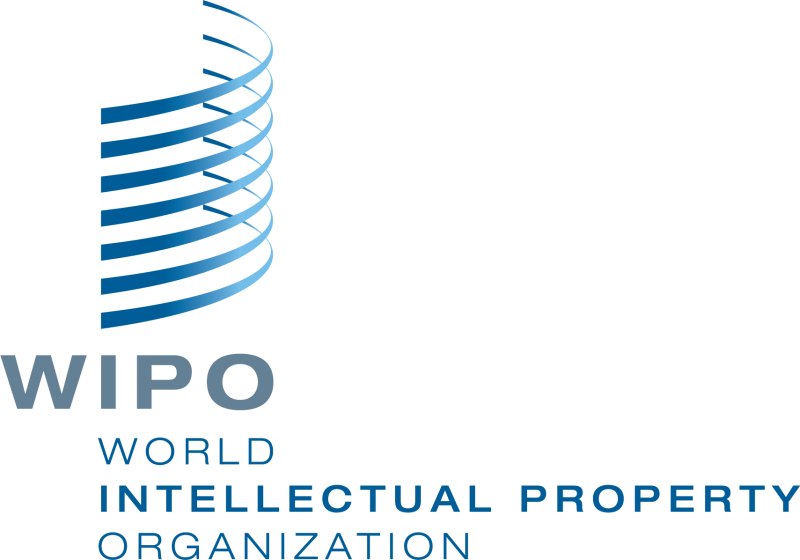We explained our consistent position on the exceptions and limitations debate: namely that the current copyright framework already provides adequate flexibility and balance to allow for well-crafted national laws, and therefore no international instrument is required.
We understand that the Member States asking for broader exceptions are doing so because of the perceived gap between the resources available in developing countries and those available in developed countries, but, we argued, governments in developing countries should note the exceptions and limitations regimes that already operate every well in comparable countries and begin to modify them for their own local fit. Furthermore, we advocate that all governments work as closely as possible with educational publishers, treating us as key stakeholders in the creation of well-educated people, rather than threatening publishers’ business models by weakening copyright.
Back at the WIPO Conference Room, Daniel Seng from Singapore updated the SCCR on his gargantuan study on copyright limitations and exceptions for educational activities. In brief, like the Crews study yesterday, Seng’s work shows that there is already a plethora of national exceptions and limitations that work at a national level, obviating the need for a new international WIPO treaty in the education sector.
Glenn Rollans, current president of the IPA member the Association of Canadian Publishers, was present at the SCCR meeting representing the Canadian Copyright Institute and made a telling intervention about the language of ‘balance’ that is often used in copyright debates:
‘Thank you for the opportunity to make this written intervention. I represent the Canadian Copyright Institute, which has a mandate to inform Canadians on copyright issues.
I want to briefly address the vocabulary of the SCCR’s discussion of limitations and exceptions. Most participants in the discussion have emphasized their preference for a ‘balanced’ approach to copyright. I have sometimes used this language myself. After all, who can object to balance?
We should note, however, that this language is now commonly used to suggest that the best approach to copyright balances the interests of the creators of copyright-protected works against those of users of copyright-protected works. This is often framed as balancing a private commercial interest with the public interest.
This framing unfortunately welds a positive concept, balance, to a false construct. When you set the interests of copyright creators at one end of the balance beam and the public interest on the other, you presume that the two are opposed and separate, that the interests of copyright creators are presumptively incompatible with the public interest.
I suggest we all try to be more precise. Advocates of cutting back the rights of copyright creators should say this plainly in those terms, or use the term ‘extinguishment’. Advocates of extending the categories of uses for which rightsholders cannot expect compensation should say this plainly with that language, or use the term ‘expropriation’.
I suggest ‘balance’ is an appropriate term only in the context of advocating for the interests of users of copyright-protected works while at the same time genuinely respecting the interests of copyright holders — in other words, looking for ways for both to work together in the public interest.
In his 2016 Charles Clark Memorial Lecture, Australia’s Michael Fraser refers to Article 27 of the Universal Declaration of Human Rights, which states in its two brief paragraphs:
- Everyone has the right freely to participate in the cultural life of the community, to enjoy the arts and to share in scientific advancement and its benefits.
- Everyone has the right to the protection of the moral and material interests resulting from any scientific, literary or artistic production of which he is the author.
‘These two limbs of the human right,’ Professor Fraser points out, ‘supplement each other and shouldn’t be taken separately. The copyright debate has been fatally miscast by pitting one limb against the other.’
Campaigning for winners and losers does not contribute to ‘balance.’ In a supposed pursuit of the public interest, it neglects the very significant extent to which protecting the rights of copyright holders protects the public interest. When a jurisdiction undermines the interest of its copyright holders, it undermines the many ways — cultural, educational, academic, social and economic — that those copyright holders contribute to the public interest. When it supports copyright holders, it supports broad areas of the public interest along with private interests.
The difficult job of resolving divergent or opposing interests gets easier when you identify the ways in which those interests overlap. It gets harder when you emphasize the separation between them. Let’s do what we can to make the SCCR’s job easier by ending the use of the word ‘balance’ as code for the erosion of protections for copyright creators.’
Rollans nailed it.

